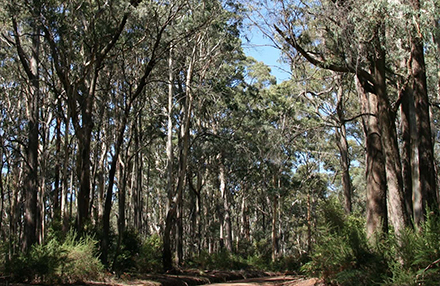It has been a rough week in Victoria with court action and protests highlighting the timber situation in that State. And it all stems from the Victorian Government’s decision to shut down the native timber industry by 2030.
It began anew last week with the CMFEU warning that impending injunctions, aimed at VicForests’ harvesting operations, would threaten the livelihoods of timber workers and forest contractors.
Everything came to a head, in a big way, on Thursday.
First, there were protests outside Premier Daniel Andrews’ electorate office.
Around 40 employees from the Dormit mill in Dandenong were justifiably giving voice to their anger at being stood down because the mill has run out of timber.
This is despite the Victorian Government guarantee of log supply to 2024.
The threatened injunction applications did arrive, also on Thursday.
Around 35 injunctions targeted VicForests’ operations; only one was successful.
Had they succeeded they had the potential, according to some, of shutting down the industry almost immediately because of the time it would take the courts to process them.
But they didn’t succeed, this time.
A voice of sanity raised its head through Forestry Australia Vice President Dr Michelle Freeman who says the escalating situation in Victoria shows the State’s current approach to forest management is simply not working.
Forestry Australia strongly advocates for active management as vital to ensuring the future health and resilience of native forests and the communities who rely on them.
Dr Freeman believes a new dialogue is needed around forest management to deliver all forest values, including carbon, biodiversity, water and community needs, such as connection to country, climate change adaptation, fire risk mitigation and local timber supply.
Forestry Australia – a professional body of forest scientists, managers and growers – says it is ready to work with governments.
But is the government in Victoria ready to work with Forestry Australia.
Recent history sadly suggests it is not.






